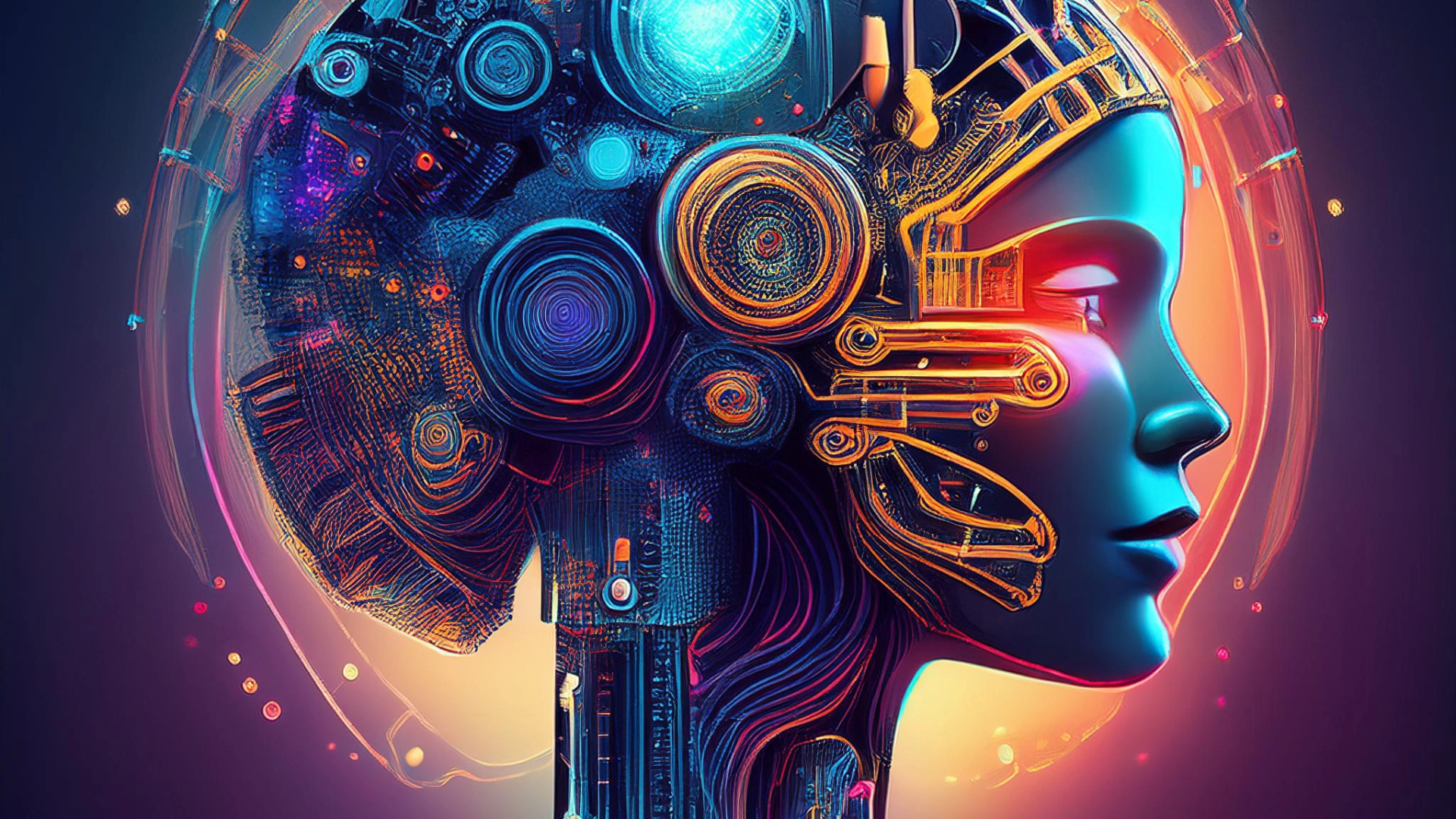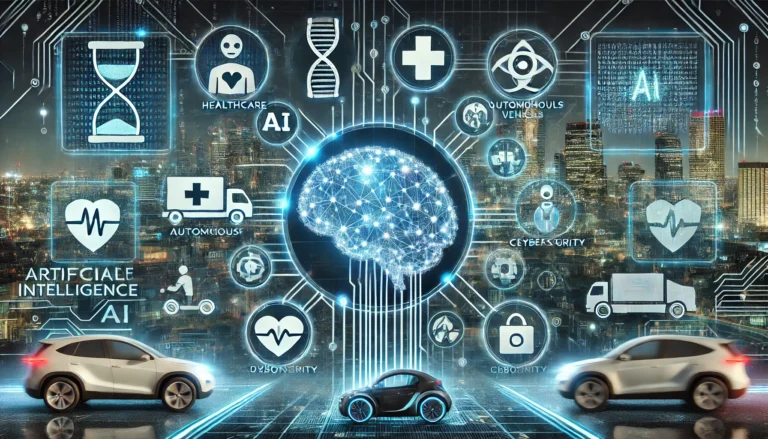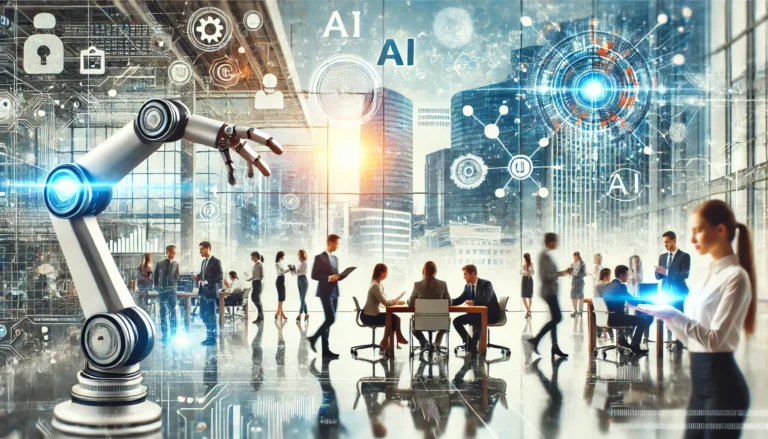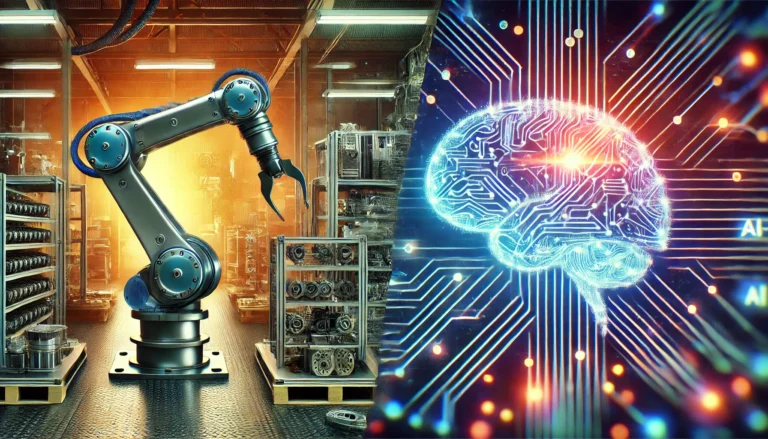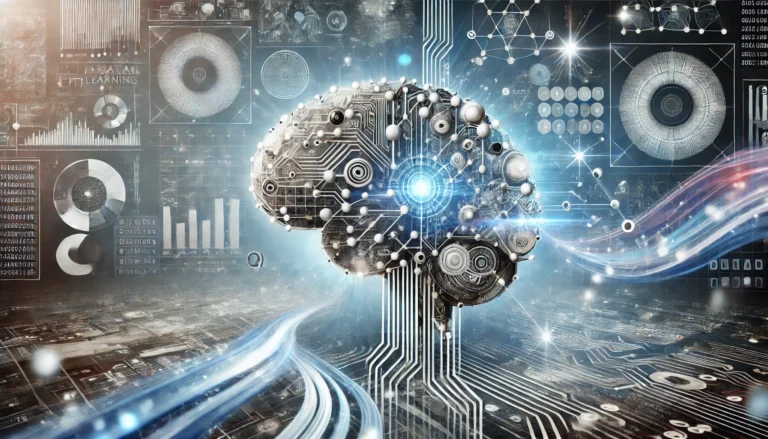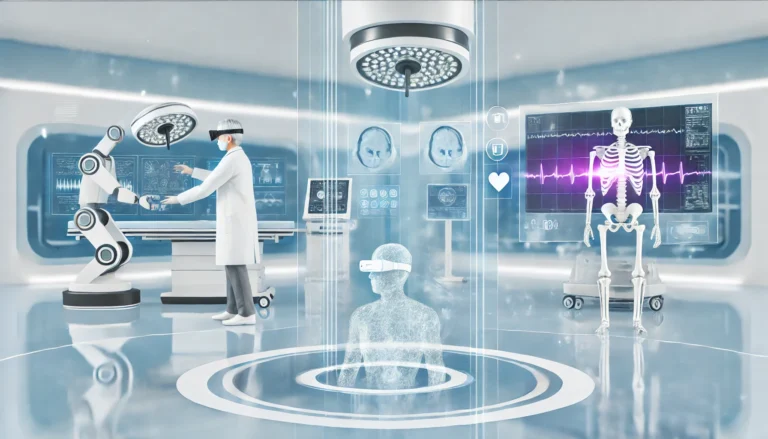What is Artificial Intelligence? Everything You Need to Know
Artificial Intelligence (AI) has become one of the most discussed topics in technology and business today. It promises to revolutionize entire sectors, from healthcare to transportation and finance. But what exactly is Artificial Intelligence? In this article, we will explore the definition of AI, how it works, its applications, and how it is shaping the future.
Definition of Artificial Intelligence
Artificial Intelligence refers to the development of computer systems capable of performing tasks that normally require human intelligence. These tasks include speech recognition, decision-making, language translation, and pattern recognition. The main goal of AI is to create machines that can “think” similarly to humans or even better.
AI can be divided into two main types:
- Strong AI (General AI): This is the concept of AI that possesses cognitive abilities equal to or superior to those of a human. It would be capable of performing any intellectual task a human can. However, strong AI remains more of a future vision than a present reality.
- Weak AI (Narrow AI): This is the AI we encounter today. It is designed to perform specific tasks, such as movie recommendation systems or voice assistants like Siri and Alexa. Weak AI is limited to the scope for which it was programmed, but it is still extremely powerful and useful in many areas.
How Does Artificial Intelligence Work?
The functioning of AI is based on complex algorithms and large amounts of data. There are three main subfields that form the foundation of AI:
- Machine Learning: This is one of the most important techniques in modern AI. In machine learning, computers are programmed to learn from data and improve over time without being explicitly programmed for each specific task. A common example is image recognition, where an AI system is trained with thousands of images to identify objects like cars, people, or animals.
- Deep Learning: A subcategory of machine learning, deep learning uses artificial neural networks that mimic how the human brain processes information. Deep neural networks can handle large volumes of data, making them perfect for tasks like voice recognition, automatic translation, and natural language processing.
- Natural Language Processing (NLP): This subfield of AI deals with the interaction between computers and human language. The goal is to enable computers to understand, interpret, and respond to human language in a useful way. Examples of NLP include chatbots, automatic translators, and sentiment analysis systems.
Applications of Artificial Intelligence
AI is already transforming several industries, and its adoption is growing rapidly. Some of the main areas of application include:
- Healthcare: AI is revolutionizing healthcare by aiding in the diagnosis of diseases, analyzing medical exams, and even suggesting personalized treatments. Machine learning algorithms can analyze large volumes of medical data to identify patterns that human doctors may not notice.
- Finance: In the financial sector, AI is used to detect fraud, automate trading processes, and improve credit analysis. AI systems can process enormous amounts of financial data to predict market trends or recommend investments.
- Transportation: AI plays a crucial role in the development of autonomous vehicles. Self-driving cars, like those from Tesla, use machine learning and deep learning systems to process real-time information, allowing the vehicle to navigate safely.
- Customer Service: Automating customer service through chatbots and virtual assistants is another area where AI has excelled. These systems can respond to customer inquiries efficiently, 24 hours a day, 7 days a week.
- Retail: In retail, AI is used to optimize the customer shopping experience, from personalizing offers to using product recommendation systems. Companies like Amazon use AI algorithms to suggest products based on previous purchases or browsing behavior.
Advantages and Disadvantages of Artificial Intelligence
Like any technology, AI brings both benefits and challenges. Some of the advantages include:
- Efficiency: AI can perform tasks much faster and more accurately than humans.
- Automation: The automation of processes can reduce costs and increase productivity.
- Innovation: AI opens doors to new technologies and discoveries that can transform entire industries.
However, there are also challenges and concerns, such as:
- Unemployment: With the automation of many jobs, there is concern that AI could replace many human workers.
- Privacy: The collection and use of large volumes of personal data by AI systems raise questions about privacy and data security.
- Ethics: Decisions made by AI, especially in areas like healthcare and justice, need to be carefully regulated to ensure they are fair and impartial.
The Future of Artificial Intelligence
The future of AI is promising but also filled with uncertainties. As the technology advances, it is likely that we will see AI increasingly integrated into our daily lives. Furthermore, ethical debates and regulations will be essential to ensure that AI is used responsibly and beneficially for society.
In conclusion, Artificial Intelligence is transforming the world in profound and innovative ways. Understanding how it works and its applications is crucial to preparing for the future. As AI evolves, it promises to offer new opportunities and challenges, shaping the future of many industries and the way we live and work.

